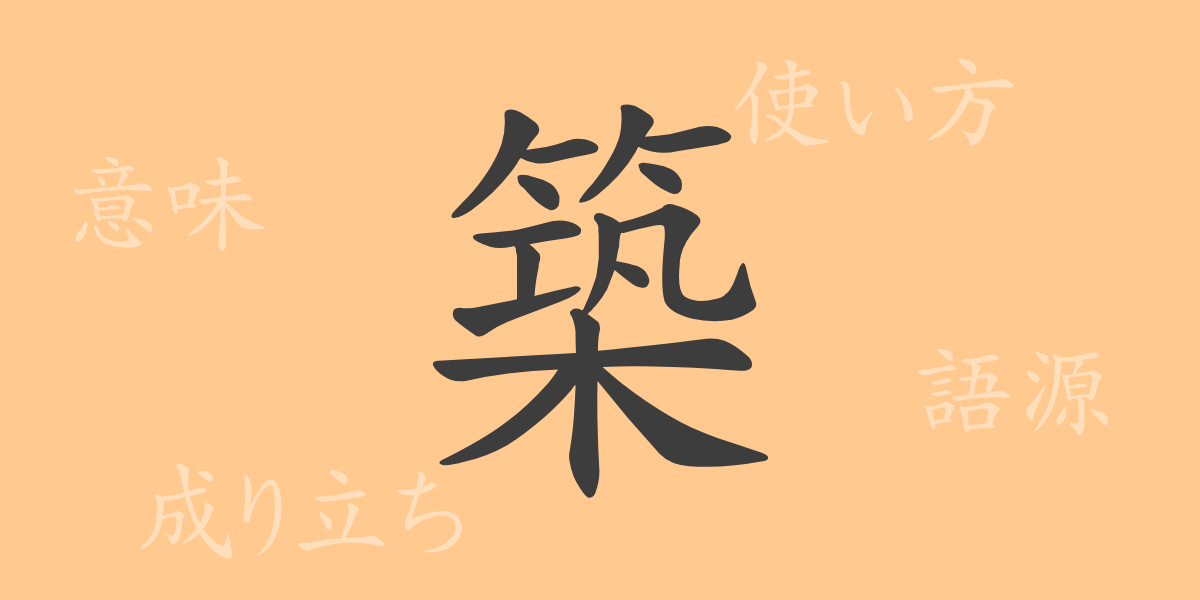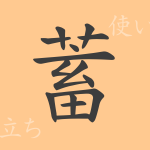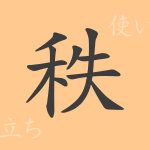The richness of the Japanese language is reflected in every kanji character, each bearing its own story and a deep connection to the lives and spirits of the Japanese people. The kanji “築(ちく)” symbolizes the importance of building various things and relationships around us. This article deeply explores the kanji “築,” from its origins to its usage and idioms, rediscovering the richness of the Japanese language.
Origins of “築(ちく)”
The kanji “築” originated in ancient China and was used to represent the act of constructing buildings. It is formed from the radicals “土” (earth), representing the piling up of soil to form walls, and “斤” (axe), indicating the action of carving wood. This combination evolved to not only signify physical construction activities but also the broader concept of building or developing something.
Meaning and Usage of “築(ちく)”
“築” primarily means to build buildings or structures. Metaphorically, it also refers to developing intangible things such as relationships or societies. For instance, it is used in phrases like “信頼関係を築く” (build a relationship of trust) and “キャリアを築く” (build a career), illustrating the process of nurturing and developing something from scratch.
Readings, Stroke Count, and Radical of “築(ちく)”
The kanji “築” has unique readings and structures:
- Readings: On’yomi “チク” (chiku), no specific Kun’yomi.
- Stroke Count: 16 strokes.
- Radical: “竹(たけかんむり)” (bamboo).
Idioms, Phrases, and Proverbs Using “築(ちく)”
There are numerous idioms and phrases involving “築” that reflect Japanese life and values:
- 築地(つきじ) – Originally a place name in Tokyo, derived from land reclaimed by piling up earth.
- 家を築く – Literally means to build a house, and metaphorically, it implies building a home or accumulating experiences.
- 基を築く – Establish a foundation.
- 国を築く – Build a nation.
Conclusion on “築(ちく)”
The kanji “築” signifies not just physical construction, but the entire process of creating something through sustained effort and creativity. This character teaches us the value of persistent work and innovation, making it a profoundly significant concept in modern Japan. The way cultures and values are built through words shows the depth of meaning carried by the kanji “築.”

























